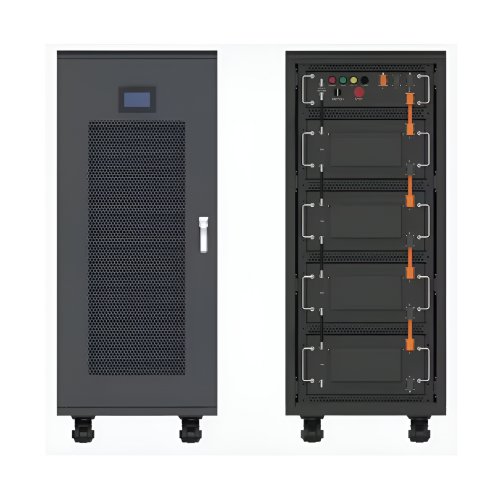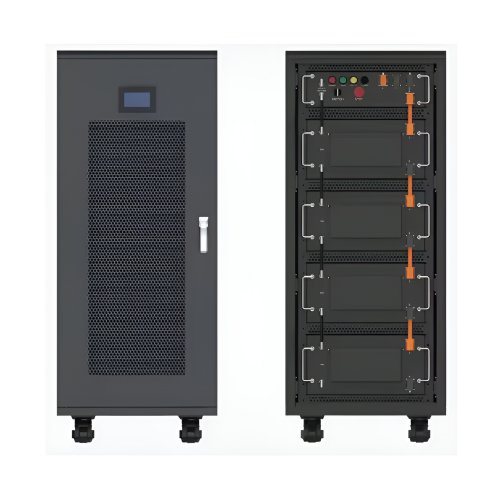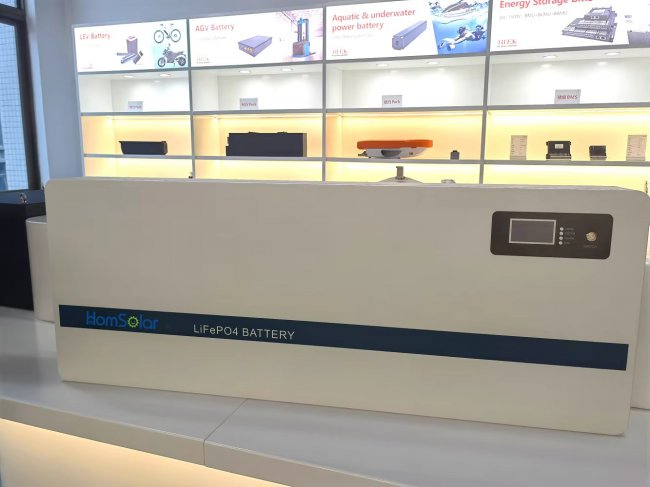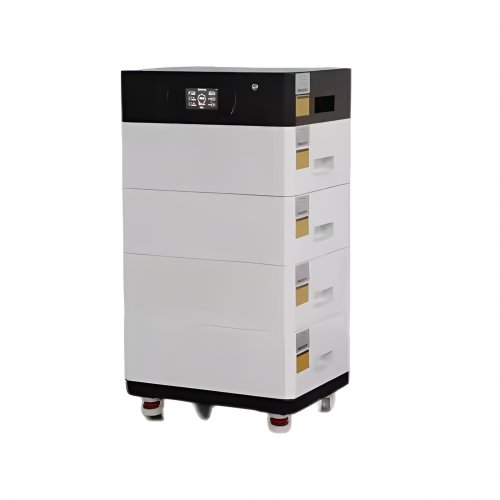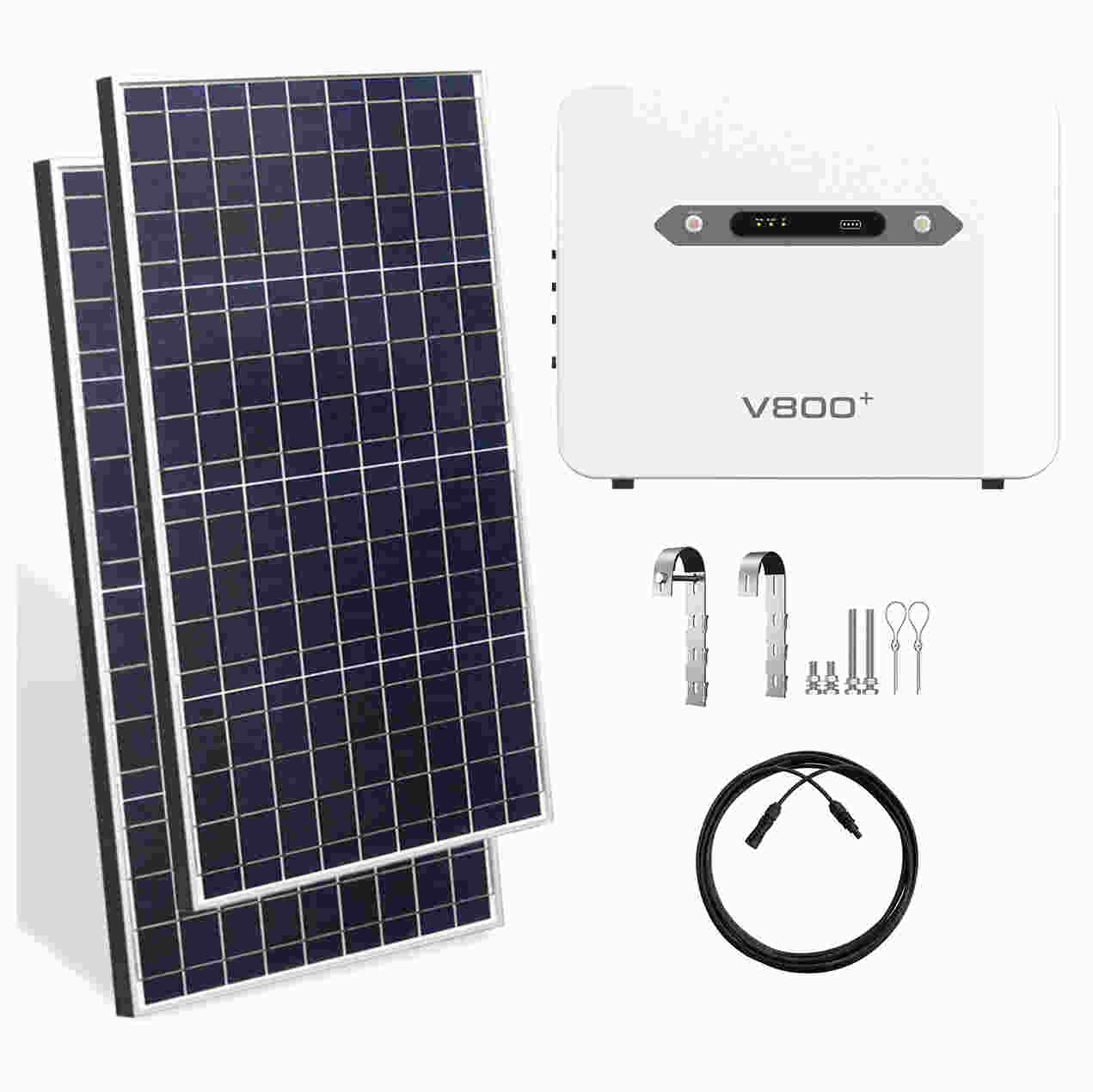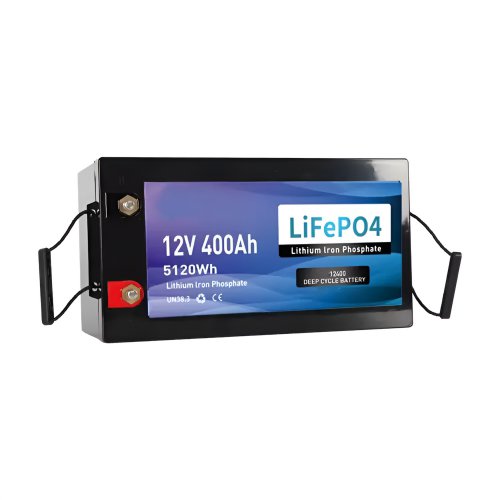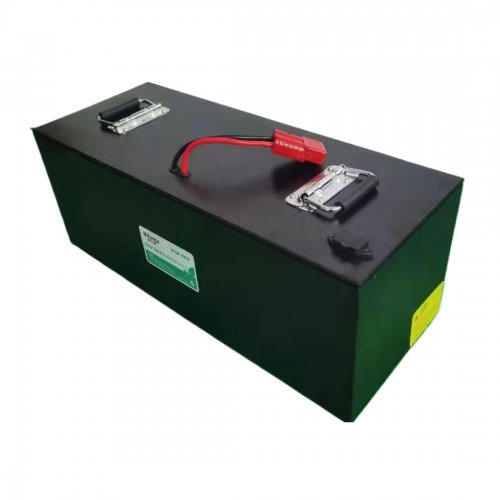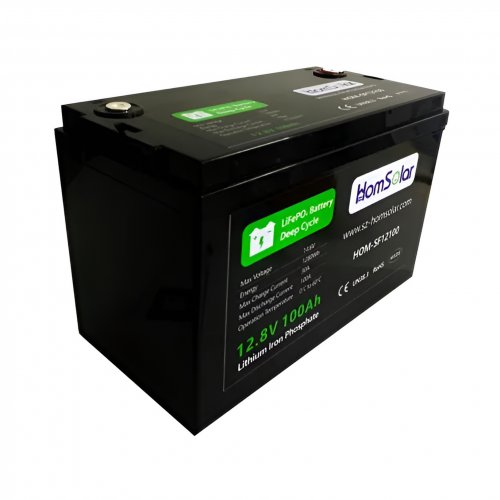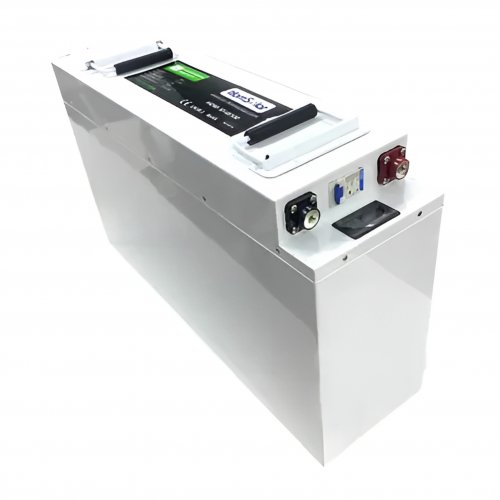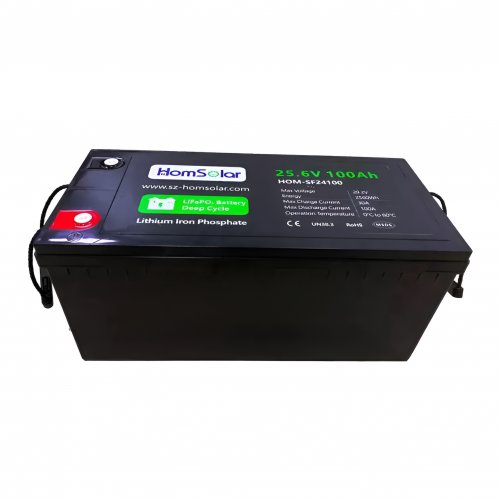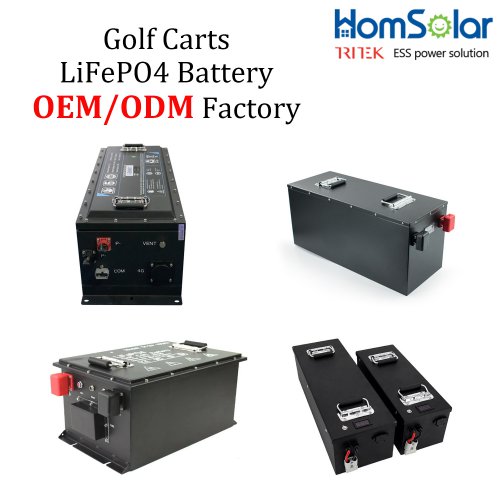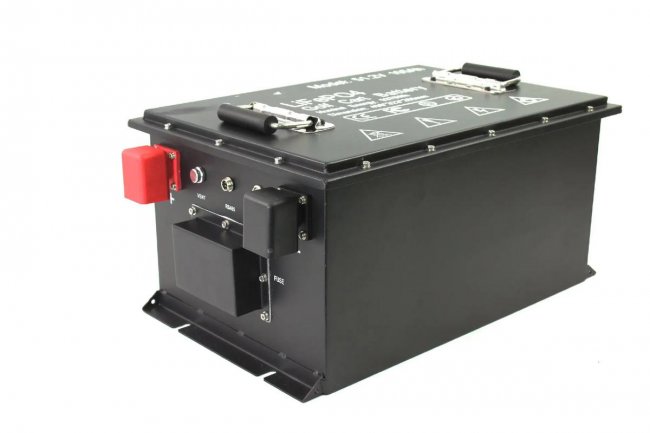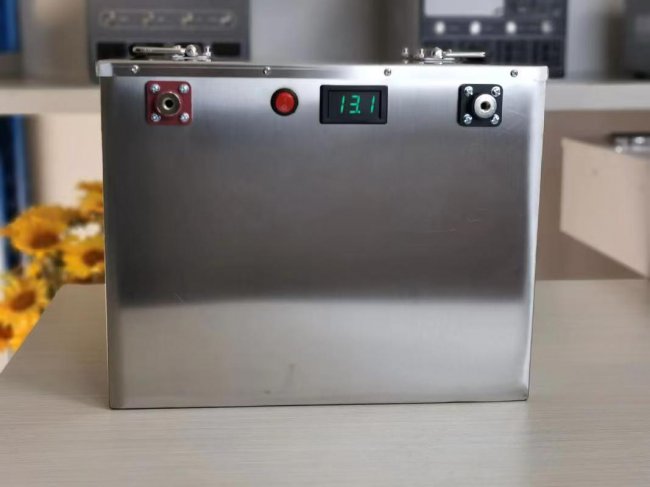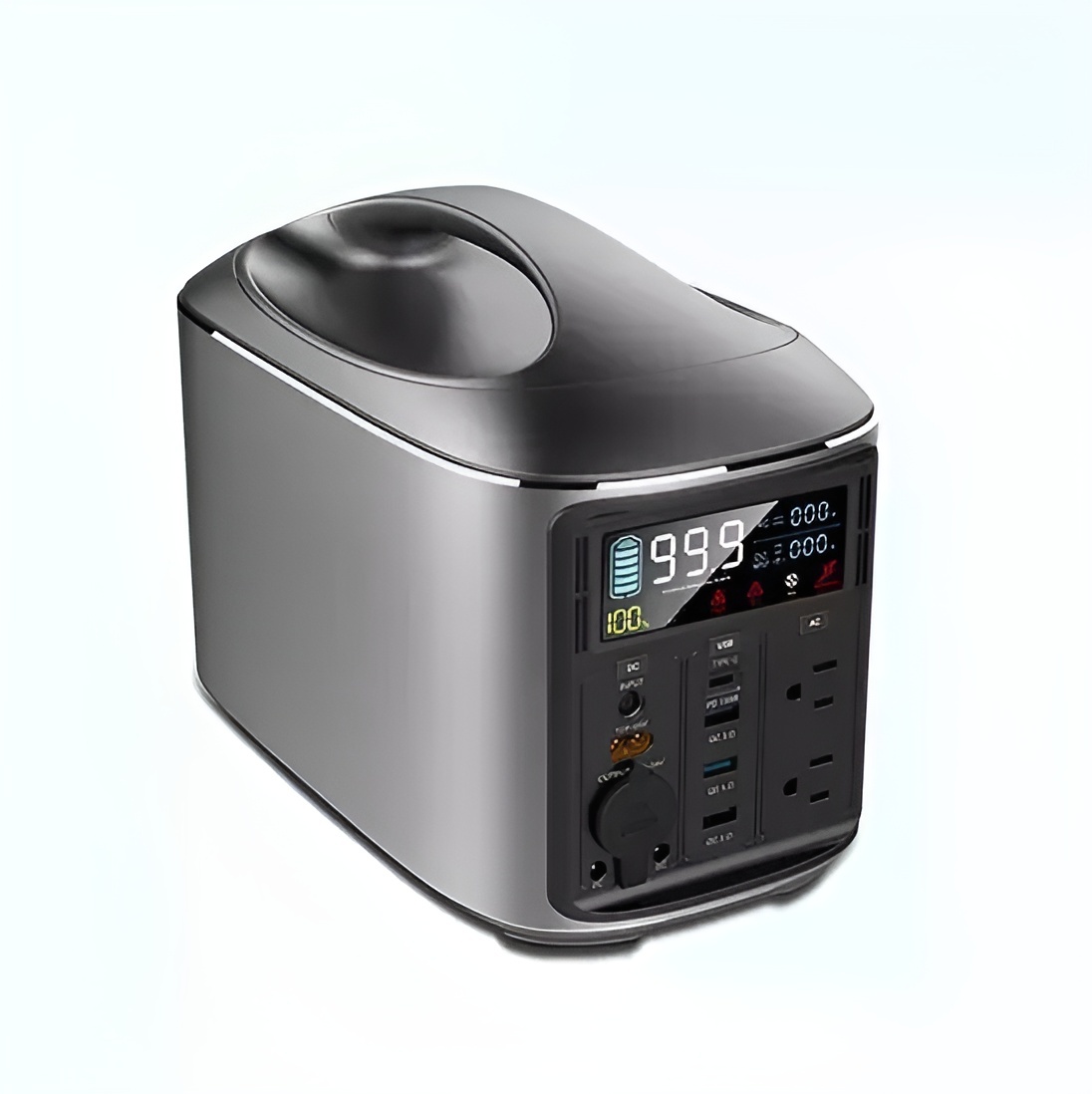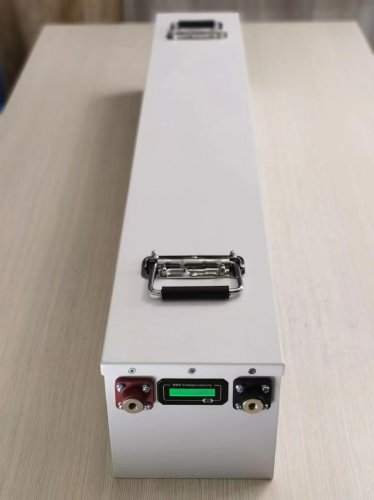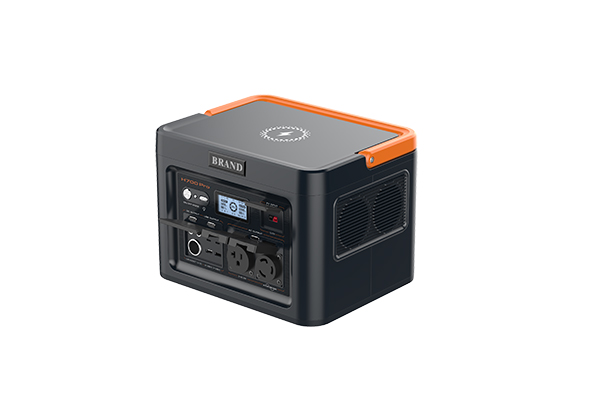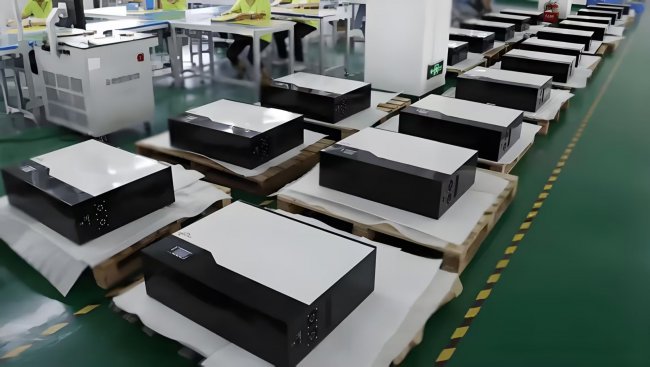Lifepo4 Battery Review: Unpacking The Longevity, Safety, And Real-world Performance
The quest for reliable, safe, and long-lasting power storage has led many consumers and industries to Lithium Iron Phosphate (LiFePO4) technology. Moving beyond the traditional lead-acid and even other lithium-ion chemistries, LiFePO4 batteries have carved out a significant niche. This review provides a comprehensive look at LiFePO4 batteries, analyzing their core functions, distinct advantages, inherent limitations, and performance in practical scenarios.
Product Function and Core Technology
At its heart, a LiFePO4 battery is a type of lithium-ion battery that uses lithium iron phosphate (LiFePO4) as the cathode material. This specific chemistry is the key differentiator, fundamentally shaping its characteristics. These batteries are designed to store and deliver electrical energy efficiently across a wide range of applications.
Primary functions and common use-cases include:Renewable Energy Storage: Serving as the backbone for solar power systems, storing energy generated during the day for use at night.Recreational Vehicles (RVs) and Marine Applications: Providing a robust house battery system for powering appliances, lighting, and electronics off-grid.Electric Vehicles (EVs): Particularly in golf carts, low-speed vehicles, and some electric scooters due to their high discharge rates and safety.Portable Power Stations: As the internal battery for popular consumer power stations, offering a lightweight and durable power source for camping, tailgating, and emergency backup.Uninterruptible Power Supplies (UPS): Delivering critical backup power for computers and network equipment.
The core promise of LiFePO4 technology is to deliver stable power through thousands of charge-discharge cycles while maintaining a high degree of safety.
The Advantages: Where LiFePO4 Batteries Excel
The popularity of LiFePO4 is not without reason. Its benefits are substantial and address many of the pain points of older technologies.
1. Exceptional Cycle Life: This is arguably the most significant advantage. A quality LiFePO4 battery can withstand 2,000 to 5,000 full charge-discharge cycles while still retaining 80% of its original capacity. In comparison, a lead-acid battery typically manages 300-500 cycles. This translates to a service life of up to a decade or more, drastically reducing long-term replacement costs. 2. Enhanced Safety Profile: LiFePO4 chemistry is inherently more stable than lithium-ion chemistries using cobalt oxide. It is far more resistant to thermal runaway, a condition that can lead to fire or explosion. These batteries can withstand higher temperatures, overcharging, and physical damage better than many alternatives, making them a safer choice for home and vehicle use. 3. Maintenance-Free Operation: Unlike flooded lead-acid batteries, LiFePO4 batteries are sealed and require no periodic watering, equalization charges, or specific orientation for installation. This offers a true "set it and forget it" experience. 4. High Efficiency and Stable Voltage: They boast a very low self-discharge rate, meaning they hold their charge for much longer when not in use. Furthermore, they deliver power at a consistently high voltage for most of their discharge cycle, unlike lead-acid batteries whose voltage steadily drops, leading to dimming lights and slower motors. 5. Lightweight and Compact: LiFePO4 batteries offer a significantly higher energy density by weight and volume than lead-acid batteries. A LiFePO4 battery with the same usable capacity can be less than half the weight and size of its lead-acid counterpart, a critical factor for RVs, boats, and portable applications.
The Disadvantages: Acknowledging the Trade-Offs
Despite their impressive strengths, LiFePO4 batteries are not a perfect solution for every situation. It is crucial to consider their limitations.
1. Higher Initial Cost: The most immediate barrier for many consumers is the upfront price. A LiFePO4 battery can cost two to three times more than a comparable lead-acid battery. However, this must be weighed against its vastly longer lifespan, which often makes it the more economical choice over time. 2. Lower Energy Density: While better than lead-acid, LiFePO4 has a lower energy density by volume compared to other lithium-ion chemistries like NMC (Nickel Manganese Cobalt). This means that for applications where maximizing runtime in the smallest possible space is the absolute priority (e.g., high-performance EVs), other lithium types might be preferred. 3. Performance in Extreme Cold: LiFePO4 batteries cannot be charged at temperatures below freezing (0°C / 32°F) without an integrated or external heating system. Charging in cold conditions can cause permanent damage. While discharge at low temperatures is possible, it is less efficient and capacity is reduced. 4. Specialized Charging Requirements: To maximize their lifespan and ensure safety, they require a specific charging profile provided by a compatible Lithium-Ion or LiFePO4-specific charger. Using an incompatible lead-acid charger will not yield optimal results and could be detrimental.
Actual Use Experience and Performance
In real-world use, the theoretical advantages of LiFePO4 batteries become tangible benefits. For an RV owner, the difference is night and day. The ability to power a refrigerator, lights, and a water pump throughout a weekend without worrying about depleting the battery is liberating. The consistent voltage means appliances run at full power until the battery is nearly empty, at which point the Battery Management System (BMS) cleanly cuts off power, preventing damage.
In a solar power setup, the high efficiency means more of the solar energy harvested is actually stored and used, with very little lost to self-discharge. The deep-cycle capability allows users to regularly use 80-90% of the battery's rated capacity without fear of degrading it, whereas with lead-acid, regularly going below 50% depth of discharge drastically shortens its life.
The lack of maintenance is a significant quality-of-life improvement. There is no need to check acid levels or worry about off-gassing, allowing for more flexible and safer installation locations.
The primary challenge users face, aside from the initial investment, is managing the battery in cold climates. For year-round use in four-season environments, investing in a model with a built-in heater or creating an insulated battery compartment becomes a necessary consideration.
Conclusion
The LiFePO4 battery represents a mature and highly capable energy storage solution. Its unparalleled cycle life, robust safety features, and maintenance-free operation make it an outstanding choice for applications where long-term value, reliability, and deep-cycle use are paramount. While the sticker shock is real, it is an investment that pays dividends over many years of dependable service.
It is not the ideal tool for every job—its cold-weather charging limitations and lower volumetric energy density compared to NMC lithium are important factors for specific use cases. However, for the vast majority of users in solar storage, marine, RV, and backup power roles, the LiFePO4 battery stands as a superior, cost-effective, and remarkably durable power source that justifies its reputation and price tag.
Customized/OEM/ODM Service
HomSolar Supports Lifepo4 battery pack customization/OEM/ODM service, welcome to contact us and tell us your needs.


HomSolar: Your One-stop LiFePO4 Battery Pack & ESS Solution Manufacturer
Our line of LiFePO4 (LFP) batteries offer a solution to demanding applications that require a lighter weight, longer life, and higher capacity battery. Features include advanced battery management systems (BMS), Bluetooth® communication and active intelligent monitoring.

Customised Lithium Iron Phosphate Battery Casing
ABS plastic housing, aluminium housing, stainless steel housing and iron housing are available, and can also be designed and customised according to your needs.

HomSolar Smart BMS
Intelligent Battery Management System for HomSolar Energy Storage System. Bluetooth, temperature sensor, LCD display, CAN interface, UART interface also available.


Terminals & Plugs Can Be Customized
A wide range of terminals and plugs can be customised to suit the application needs of your battery products.

Well-designed Solutions for Energy Storage Systems
We will design the perfect energy storage system solution according to your needs, so that you can easily solve the specific industry applications of battery products.



About Our Battery Cells
Our energy storage system products use brand new grade A LiFePO4 cells with a battery lifespan of more than 4,000 charge/discharge cycles.



Applications in Different Industries
We supply customized & OEM battery pack, assemble cells with wiring, fuse and plastic cover, all the cell wires connected to PCB plug or built BMS.
Applications: E-bike, Electric Scooter, Golf Carts, RV, Electric Wheelchair, Electric Tools, Robot Cleaner, Robot Sweeper, Solar Energy Storage System, Emergency Light, Solar Power Light, Medical Equipment, UPS Backup Power Supply.
We can provide you with customized services. We have the ability to provide a vertical supply chain, from single cells to pack/module and to a complete power solution with BMS, etc.


HomSolar (Shenzhen) Technology Co., Ltd







